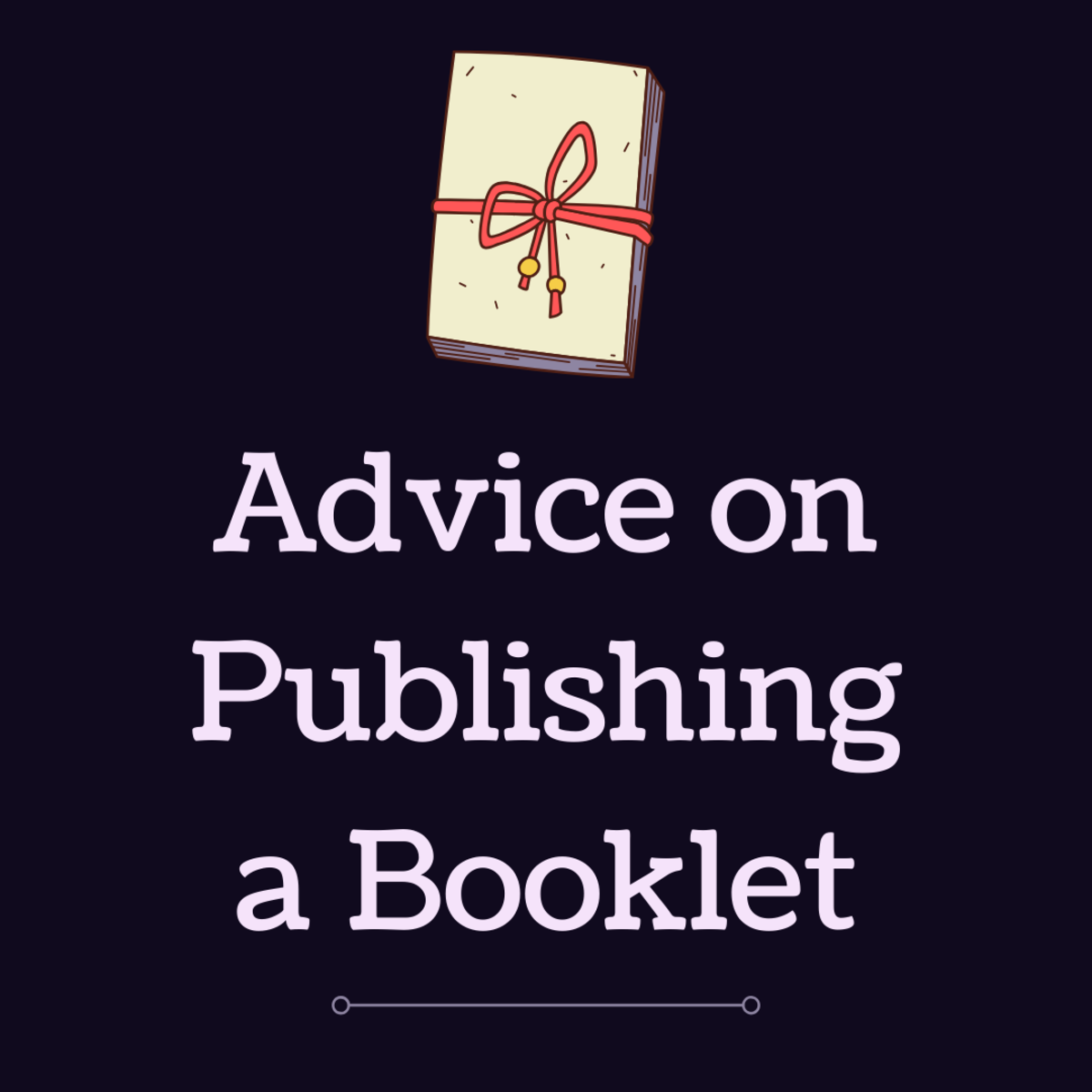Estate Planning: How to Update a Will

The How When and Why of Updating a Will
Experts recommend that you review your Will every three to five years or sooner if you undergo any major lifestyle changes that might possibly affect the contents of your current Will.
Your Will should be amended as soon as possible after each lifestyle alteration in order to accurately reflect any new circumstances. To do this you can create a completely new Will or simply add a Codicil to your existing one.
Insuring that your Will is kept up to date and a true reflection of your Estate and intentions is not only in the best interests of those that you love but will also insure that your wishes are carried through just as you have requested.
How Long has it Been since You Reviewed Your Estate Plans?
When Did You Last Update Yours?
When To Update Your Will:
You will want to update your will any time that you undergo a major lifestyle change or whenever your material goods change.
If your current house is sold, or a new vehicle purchased, or if new stocks or bonds have been purchased creating a portfolio that did not exist previously. If you remarry, if you divorce, and if you give birth to a new child or adopt one. Also if an existing beneficiary dies.
If you are experiencing a change in your health you may wish to alter your current Will to include a Living Will or to make monetary accommodations to cover your future medical needs.
Regardless of any of these events occurring you should still review your Will on a regular basis to insure that none of its contents have become outdated. Also if you move to another State or Country where the rules governing Wills may be different from where yours was created.
Note that members of the Military do not have to update their wills when they are assigned to different posts within the U.S.A. Wills prepared by military legal assistance are valid throughout all of the US States.
Regardless of your circumstances every three to five years pull your Will out of the drawer or box that you keep it in, look it over, and if necessary update your Will.

There are Times When it is Best to Scrap the Old and Begin Anew
Upon reviewing your current Will you may discover that conditions within it have undergone some tremendous changes and that you will be required to make numerous alterations to it.
In this case you may decide that in order to avoid confusion you might completely scrap the old Will and create a new one instead. It may just be an easier way to list all the new amendments and interests that now need to include.
This is a very acceptable means of altering your Will. Just be sure that your new Will revokes all previous ones. Insure that it is prepared in a professional manner and is dated and signed by 2 witnesses.
Codicil: What is it and When do You Use it?
There are two means by which you may choose to change the contents or conditions of your Will.
The first is to add a Codicil or additional section to your current Will. The Codicil is simply a new document stating any amendments to the original Will.
This Codicil must still be signed by two witnesses just as your original Will was and it must also be identified as being an addition or amendment to your current Will.
Both the codicil and all original documents pertaining to the original Will should be kept together with dates on both of these documents showing the connection between the two so there can be no misunderstanding as to which version of your Will the Codicil might belong to.
If there are a number of alterations to make then you may want to consider completely rewriting your documents to create a new Will.
Life's Little Changes Will Need to be Included

Living Will and Power of Attorney
A living Will speaks for you when you are not able to speak for yourself. A medical condition can leave your family needing to make decisions on your behalf and this document will be there to express your wishes and insure that they are followed in that circumstance. Power of attorney allows a specific person to make decisions on your behalf should you be unable to. DIY kits are available but be sure to check their legality in your area.
Additional Updates Outside Of Your Will:
At the same time that you review and update your Will you should also be looking into and updating other aspects of your Estate that are not regulated by the contents of your Will.
Insurance policies, joint bank accountants, and joint property titles are just a few items that are governed by their own contracts and so should have their contents reviewed separately from the contents of your Will.
It is always wise to try to keep as many documents relating to your estate as you are able to within the same location. This way if the unthinkable should occur and you do pass on before you are expecting to then you won't have to worry about some small detail having been overlooked while you were still alive.
Having as many of these related items stored together as possible will help to insure that the Executor or Inheritors of your estate won't have to worry about the little details that you somehow missed or forgot to update. It is unfortunate but small details can have a tendency to transform themselves into tremendous hurdles when it is discovered that they weren't taken care of at the appropriate time.
Make sure that when the time comes for your Will to be read that you can rest assured in the knowledge that your Will was reviewed and updated on a regular basis.

Online Interests:
Most people have an email account, website, or social networking account and these will have to be taken care of or closed to prevent additional payments or potential fraud from occurring. If you have an online business or other online interests of value be sure to include these into the content section of your Will.
If you are working or playing online which most of us are we can have interests there that will need to be taken care of should we depart. You can help to insure an easy transfer or closure of these by creating a list of passwords and other pertinent information regarding websites and groups you belong to. This list can greatly aide those who will take over the guardianship of these accounts.
You can live this listing of passwords in your safe deposit box, with your will, or pass it along to either your executor or a close family member. As passwords tend to be updated on a regular basis I prefer to keep it where it is easily accessible so I can revise it as necessary.
Legal Terms:
- Codicil: A document that is added as an addition or revision to a current Will.
- Estate: All properties, monies or other matter related to or owned by a person at the time of their death.
- Executor / Executrix: The person that you appoint to govern the conditions set out in your Will. This should be someone that you trust completely as they will be acting on your behalf.
- Probate: A court supervision insuring the accurate disbursement of properties within a Will.
- Trust: Monies or properties entrusted to another persons care. Usually on the behalf of a child until they reach legal age.
- Predecease: To die before another person.
- Trustee: A person that you appoint to manage a Trust.
- Witness: A person who acknowledges that a document is valid by witnessing your signing of the document and then whom also signs and dates that same paper. In the case of the witnessing of Wills it is usually better to have this person not be a beneficiary, spouse or Executor of that person responsible for that document.
- Will: A will is a legal document that sets out the disbursement of one's property or insures that one's wishes are carried out even when that person is no longer able to speak out for him or her self.
This article is accurate and true to the best of the author’s knowledge. Content is for informational or entertainment purposes only and does not substitute for personal counsel or professional advice in business, financial, legal, or technical matters.
© 2017 Lorelei Cohen






